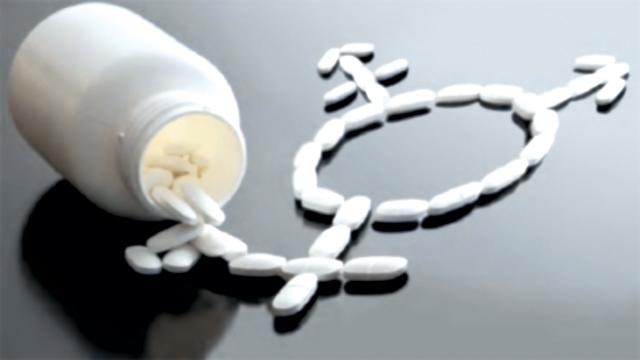Drug Monitoring Center Opened in Georgia
A National Center for Drug Abuse Monitoring has been set up in Georgia to support the development of an evidence-based drug policy.
The information was released in a statement by the Ministry of Justice of Georgia, which reads that the aim of the center will be drug-related information collection and analysis, implementation of evidence-based practice methodologies, and communication with relevant organizations at the international level to exchange information. The Ministry says it will help the country to establish a drug policy which will answer modern challenges in this field.
The Center is to be led by the head of the Department of International Public Law of the Ministry of Justice, who will be accountable to the Interagency Coordinating Council on Drug Addiction, headed by the Minister of Justice.
Representatives of the Ministry of Internal Affairs of Georgia, Ministry of Internally Displaced Persons from the Occupied Territories, Ministry of Labor, Health and Social Affairs of Georgia, Ministry of Education, Science, Culture and Sport of Georgia and the Prosecutor General's Office, as well as experts in the field, among other relevant agencies, will comprise the Coordinating Council on Drug Addiction.
“The Drug Situation Monitoring Center will consist of two divisions: the task of the Data Research Unit is to collect, analyze and prepare relevant data on drug situation while the purpose of the Consulting Unit is to provide thematic support and consultation to the research unit. The selection of staff from the Ministry of Justice, who have relevant knowledge and experience, will start in February 2020 and employees will be selected by competition by March 2020,” the Ministry of Justice said.
The decision to create the agency was made on March 27, 2018, and its establishment is envisaged by the agenda of the Association Agreement with the EU, the Visa Liberalization Action Plan and by the state Action Plan 2019-2020 to combat drug addiction.
“With the establishment of the National Center for Drug Abuse Monitoring, Georgia will provide comprehensive information on drug abuse, their analysis and relevant decisions based on this analysis,” the Ministry said.
The statement came after the NGO Human Rights Education and Monitoring Center (EMC) released a report providing an overview of the key trends, judicial practices, and statistics for 2019 in the field of drug policymaking. The report reads that the state authorities have not yet expressed political will to introduce human rights-based drug policies through fundamental legislative changes, adding the current legislation remains a significant challenge for the criminal justice system.
“The legislation in place, along with investigative and judicial practices, still carries the risks of arbitrary and unfair use of the drug policy,” the NGO stated.
EMC also noted that last year no legislative changes were made in the field of drug policy. It also underlined that the work on the issue of drug policy was not included in the governmental program for 2019-2020, developed during last year's changes in the government, which further demonstrated the state's position regarding the absence of a drug policy as a topic on the political agenda.
The NGO report claimed that a National Center for Drug Abuse Monitoring, the main function of which would be to analyze information regarding the use of the substances, subject to special control, had yet to be put into place, which is a commitment the government undertook in accordance with the 2015 EU-Georgia Association Agenda Implementation National Action Plan.
The report read that in 2019, the rate of criminal prosecution of drug offenses increased, as did the use of imprisonment for the purchase or possession of narcotic drugs in both minimal or large quantities.
“The number of persons subjected to drug testing has increased, there is also a slight increase in the rate of positive drug test results. Nevertheless, the legal basis for mandatory drug testing and the legal status of the persons subjected to the test remain problematic,” EMC’s report read.
The NGO also stressed that statistical data on drug offenses, essential for rational and fair drug policy making, is largely missing.
EMC called on the authorities to establish a proper center that will process statistical information to assist the state in making policy decisions relevant to drug offenses, including processing data on the number of persons deprived of their liberty or otherwise convicted for drug offenses, information regarding the types of drugs used, information regarding the amount of drugs and sentences, the amount of penalties, statistics on convictions and the types of drug crimes.
By Tea Mariamidze
Image source: coe.int











